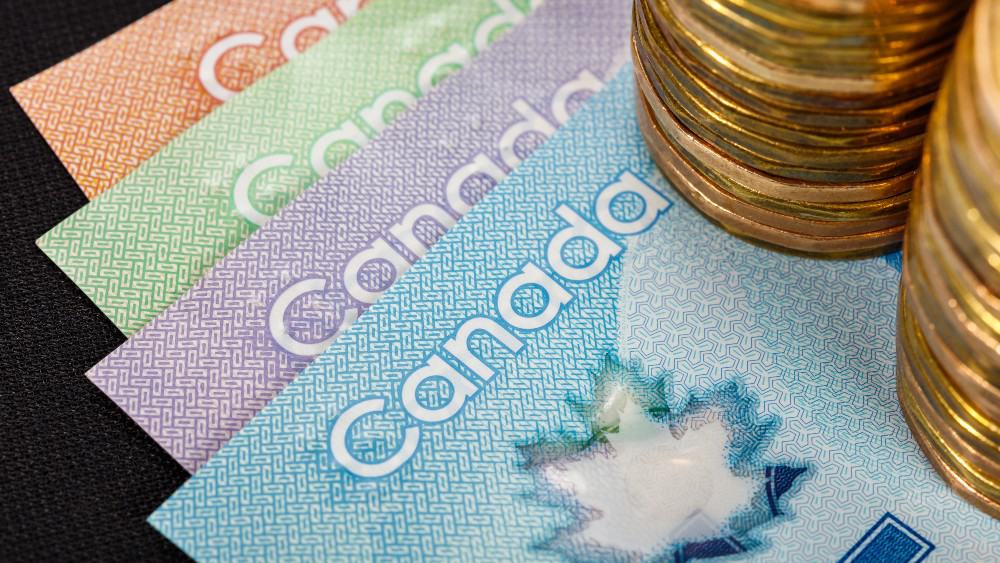Inflation statistics for Canada were released Tuesday morning, and the short story is: Inflation rates are rising in Canada.
The annual inflation rate rose to 1.1% in February from 1.0% in January. That means the rate of inflation is inching up, though the 1.1% reading was below the 1.3% rate that rate-watchers were expecting.
Last February, the annual rate came in at 0.9%, before falling into deflationary territory during March and April (thanks to the COVID-19 crisis). By late August, inflation climbed back into solid positive territory, but still at notably low rates.
Wait, why is this important?
Inflation is a key indicator that policy makers and economists watch and the rate of inflation impacts interest rates, both directly and indirectly. That means that everyday financial products from mortgages to credit cards can be affected by changes in inflation. Likewise, the stock market as a whole, and, in particular, bank stocks, can be impacted by changes in inflation.
In simple terms, the rate of inflation shows the rate at which prices are rising throughout the economy. Prices rising, but at a moderate rate — the Bank of Canada targets a midpoint of 2% per year in a 1% to 3% range — is generally seen as a good thing to keep the economy humming along.
But when prices start rising too fast, that’s not so good. High inflation is often described as “too much money chasing too few goods” and can make it tough for both consumers and businesses to buy the things they need. It also erodes the value of people’s savings. When inflation starts to rise, the Bank of Canada and banks in general, raise interest rates to encourage more savings and less borrowing and spending.
When inflation is too low, or turns negative (deflationary), it can also be a bad thing. In this case, consumers and businesses may not spend money because they expect prices to fall in the future. Businesses may not hire as much or give as many raises to workers — all of which can contribute to a slower-growing economy. That’s why when this happens — as has been the case in recent years — central banks cut interest rates to encourage borrowing and spending.
What now?
Between 2013 and 2020, inflation had been on a slow but steady rise, reaching above 2% by the beginning of 2020. The coronavirus pandemic changed that. Drastically lower consumer and business spending sent inflation plummeting in early 2020. The Bank of Canada responded by slashing interest rates.
But now inflation has started to pick back up as the economy is showing signs of life. Assuming the trend continues, we can expect higher rates from the BoC and banks around the country. While higher rates may not seem like a good thing, seeing them come back into a moderate, sustainable range is actually a positive for the Canadian economy.









